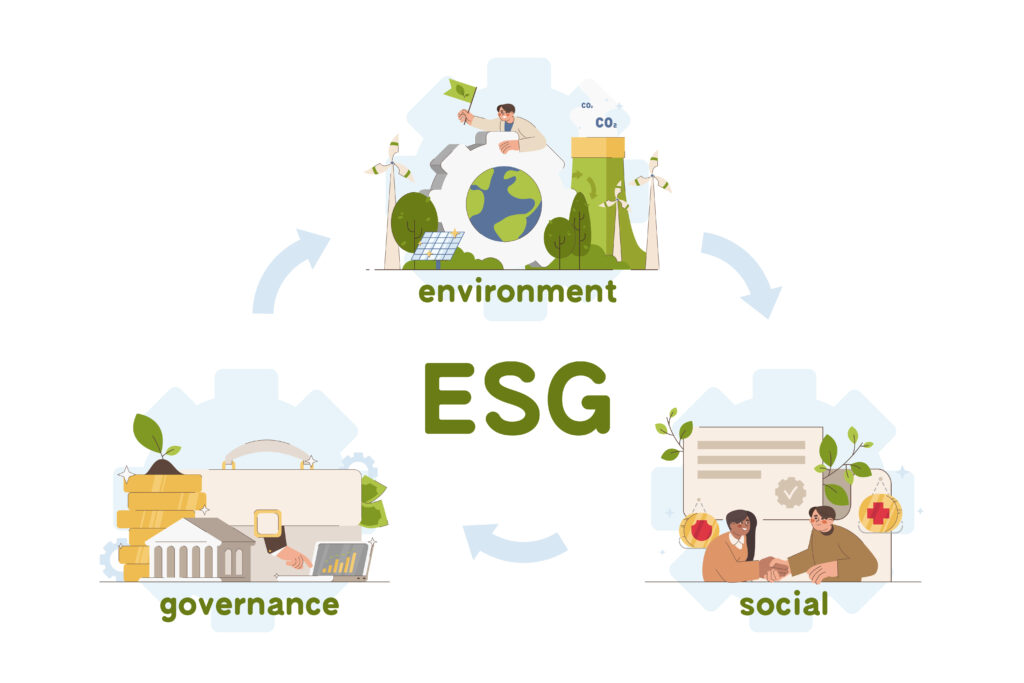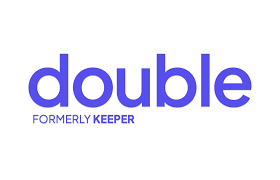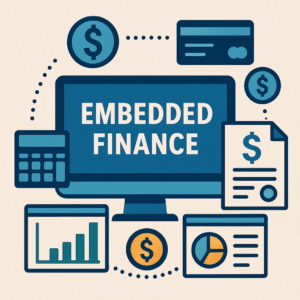How ESG Software Solves Reporting Challenges for Accounting Firms

GLP Capital Partners, a global real estate and asset management group, faced ESG reporting chaos. This affected over 3,000 assets and involved multilingual teams. Spreadsheets and dashboards were not enough. According to a detailed case study by ERM and Sphera, the firm struggled with fragmented ESG data. It also faced challenges with legacy tools. The increasing regulatory demands added complexity.
ESG Reporting Challenges: A Common Struggle
GCP’s experience is far from unique. Many accounting firms and asset managers still battle ESG data stuck in Excel files, SharePoint folders, and disconnected regional systems. This leads to reporting delays, audit risks, and poor stakeholder confidence.
ESG Software Implementation: The SpheraCloud Solution
In response, GCP deployed SpheraCloud Corporate Sustainability Software with support from ERM, leading to measurable improvements:
- 30–50% increase in ESG data collection efficiency
- A single platform for 400+ users across different time zones and languages
- Integrated emissions factor databases and automated framework alignment such as TCFD, GRESB, and SFDR
Meredith Balenske, GCP’s global head of sustainability, confirmed the transformation: “We now have more control over our data. This control makes it much easier to meet requirements from frameworks, regulators, and our investors.”
ESG Software Case Study: Foresight Group and Net Zero Cloud
Foresight Group, a UK-based alternative asset manager, offers another real-world ESG software success story. Partnering with PwC and Salesforce, the firm deployed Net Zero Cloud, becoming the first organisation in EMEA to do so.
Key ESG outcomes:
- Real-time portfolio-wide access to emissions and ESG metrics
- Improved ESG data quality for investor and regulatory reporting
- Carbon scenario planning and benchmarking across 200+ SMEs
This initiative won “Sustainability Project of the Year” at the 2023 Digital DNA Awards.
Benefits of ESG Software for Accounting Firms
Centralised ESG Data Improves Traceability and Compliance
Modern ESG platforms connect to client ERPs, IoT systems, and emissions databases. For accounting firms, this ensures clean, verifiable ESG data that aligns with CSRD, UK SRS, ISSB, and other frameworks.
ESG Audit-Ready Workflows
Software like SpheraCloud and Net Zero Cloud ensure traceability with timestamps, version control, and approval logs. This brings ESG data to audit-level reliability, critical for mandatory ESG assurance requirements.
ESG Advisory Services at Scale
With routine data collection automated, firms can now focus on climate scenario planning, risk advisory, and board-level ESG strategy. ESG platforms enable this shift by delivering structured data, scenario modeling, and performance analytics.
Cross-Framework ESG Reporting
These platforms offer prebuilt compatibility with TCFD, GRI, SFDR, CSRD, and ISSB. One dataset powers multiple ESG disclosures, saving time and avoiding compliance risks.
Scalable, Multilingual ESG Operations
A global client can operate in Tokyo, Frankfurt, or São Paulo. Firms can now provide standardised, consistent ESG reporting. This is achievable at scale and across languages.
ESG Software Does Not Replace Expertise
While ESG technology streamlines data collection and reporting, it cannot replace professional judgment. Accounting firms must still:
- Navigate evolving ESG standards
- Interpret materiality
- Conduct third-party assurance
- Guide client strategy
Software is a foundation. ESG expertise is the differentiator.
Conclusion: ESG Software as a Strategic Advantage
These ESG software case studies from GLP Capital Partners and Foresight Group demonstrate that with the right tools, accounting firms and asset managers can:
- Reduce reporting inefficiencies
- Meet regulatory compliance with confidence
- Deliver ESG advisory services at scale
- Compete in the growing ESG assurance market
ESG software is no longer optional. It is infrastructure. For accounting firms, the ability to integrate ESG into audit-grade workflows is now the benchmark of future-ready performance.





